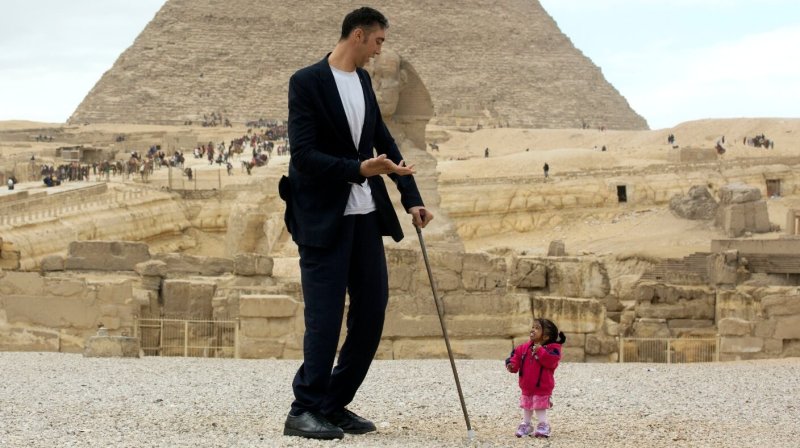Throughout history, species have evolved to adapt to their changing surroundings. Now, with skyrocketing carbon dioxide levels in the atmosphere and intensifying climate change, some experts believe humans will evolve to better withstand the warming world.
Steve Brusatte, a professor of paleontology at the University of Edinburgh, expects humans to shrink for a better chance of survival in the face of climate change. Brusatte turned to an early species of horses, which evolved to have a smaller body size as temperatures warmed during the Paleocene Eocene Thermal Maximum, about 55 million years ago.
In his book, “The Rise and Reign of the Mammals,” Brusatte points out that mammals in hotter regions tend to be smaller compared to mammals in colder regions, possibly because the smaller surface area compared to volume can help animals cool down.
…
“That’s not to say every species of mammal would get smaller, but it seems to be a common survival trick of mammals when temperatures spike pretty quickly,” Brusatte told The Guardian. “Which does raise the question: if temperatures do spike really quickly might humans dwarf, might humans get smaller? And I think that’s certainly plausible.”































